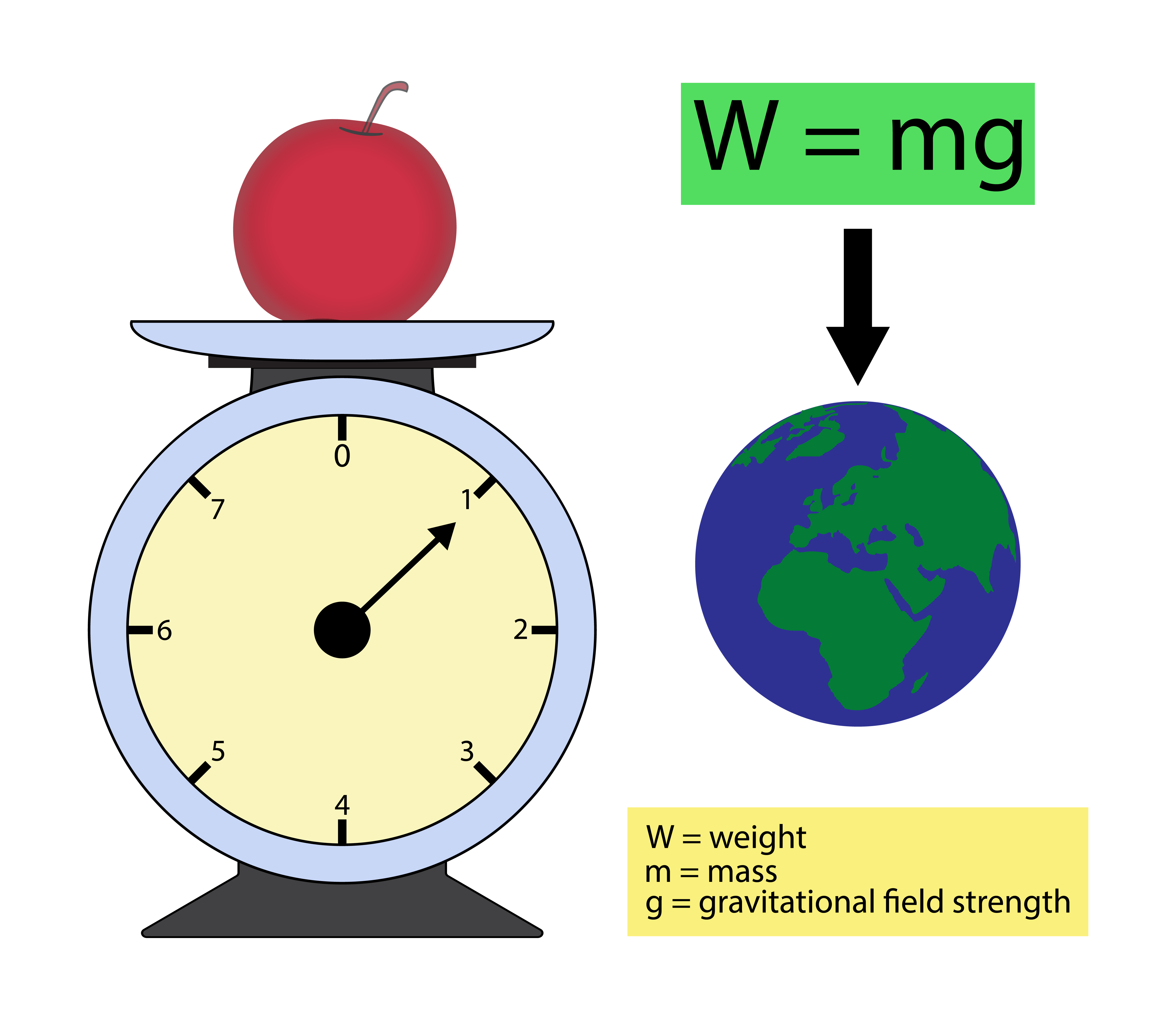The Real Weight Of A Million Dollars: More Than You Think
Have you ever stopped to ponder what a million dollars truly weighs? It's a question that, you know, pops up in movies and stories, making us think about huge piles of cash. For many people, a million dollars seems like an incredible amount of money, something you might just dream about having. But thinking about its actual physical bulk can be quite interesting, apparently. It changes how you see wealth, moving it from just a number in a bank account to something you could actually touch and feel.
So, too it's almost, this idea of money's weight isn't just a fun fact for trivia night. It brings up thoughts about how we handle money in the world today. We live in a time where digital transactions are common, yet the image of a briefcase full of cash still holds a certain pull. This article is going to look at the actual physical weight of a million dollars, helping us understand its real-world presence. It’s pretty fascinating, actually, when you consider it.
This discussion also touches on practical things, like what it means to move or store such a large sum in physical form. We will consider different types of money and what each one means for its overall heft. You will get a clear picture of what a million dollars really feels like in your hands, or rather, in a very big bag. It’s quite a lot, as a matter of fact, more than some people might guess.
Table of Contents
- What's the Real Weight of a Million Dollars?
- Why Does the Weight of Money Matter?
- Beyond Cash: The Digital "Weight" of Wealth
- Frequently Asked Questions About Money's Weight
What's the Real Weight of a Million Dollars?
When people talk about the "weight of a million dollars," they usually think about it in physical cash. This is, you know, typically paper money. The actual weight depends a lot on the specific type of money you are talking about. Most of the time, when we imagine large sums, we picture stacks of hundred-dollar bills. This is because using larger bills makes the total weight much less. It's just a little easier to manage, really.
Every single United States bill, no matter its face value, weighs about one gram. This is true for a one-dollar bill or a hundred-dollar bill. So, the weight of a million dollars is not about the value of each bill, but rather the number of bills it takes to reach that million. This is, in a way, a key point to remember. It makes a big difference in the final answer.
To give you a real sense of this, imagine a stack of money. A single hundred-dollar bill is quite light, almost weightless in your hand. But when you start adding them up, that lightness quickly changes into something much more substantial. It’s pretty surprising, actually, how fast it adds up.
The Hundred-Dollar Bill Standard
Let's consider the most common way to picture a million dollars in cash: using hundred-dollar bills. Each hundred-dollar bill weighs approximately one gram. To figure out the weight of a million dollars in these bills, you first need to know how many hundred-dollar bills make up a million. That's a simple calculation, you know, a bit of basic math.
One million dollars divided by one hundred dollars per bill means you need 10,000 hundred-dollar bills. Since each bill weighs one gram, 10,000 bills would weigh 10,000 grams. To put that into terms we use more often, 10,000 grams is equal to 10 kilograms. For those who use pounds, that's about 22 pounds. So, a million dollars in hundred-dollar bills is, you know, roughly the weight of a medium-sized dog or a full carry-on suitcase. It's quite manageable, in some respects, for a person to carry.
This weight, 22 pounds, is what you would expect if you were to pick up a million dollars in cash. It's not so heavy that one person couldn't lift it, but it's certainly not something you could just casually slip into a pocket. You would definitely notice carrying it. This is, like, a pretty important detail for anyone thinking about moving such a sum.
Other Denominations: A Heavier Load?
What if you had a million dollars in smaller bills? The weight would increase dramatically. For instance, if you had a million dollars in fifty-dollar bills, you would need 20,000 bills. That would mean 20,000 grams, or 20 kilograms, which is about 44 pounds. That's, you know, twice the weight of the hundred-dollar bill version. It's getting pretty heavy at that point.
Imagine having a million dollars in twenty-dollar bills. You would need 50,000 bills. This would weigh 50,000 grams, or 50 kilograms, which is about 110 pounds. This amount is, actually, very heavy. It would be extremely difficult for one person to carry, requiring multiple people or even a cart. This is, you know, a significant difference. It shows how the type of bill really matters for the total weight.
And if you were to have a million dollars in one-dollar bills, you would need one million bills. This would weigh one million grams, or 1,000 kilograms, which is about 2,200 pounds. That's over a ton! This would be, like your, an incredibly massive amount of money, requiring a truck or a very large vehicle to move. So, it's pretty clear that the denomination makes a huge difference in the physical burden. It's practically a different world of weight.
Why Does the Weight of Money Matter?
The physical weight of money might seem like a small detail in a world of digital finance, but it has real-world importance. For one thing, it affects how money can be moved or stored. If you are dealing with large amounts of physical cash, the weight becomes a very practical concern. It's not just about counting the bills; it's about moving them around. This is, you know, a bit like managing large amounts of information, as noted in "My text," where lists can become "too large for discourse to handle properly." The sheer volume, whether of data or currency, creates its own set of challenges. It's pretty interesting, actually, how similar these practical problems can be.
Think about security, for instance. A heavy bag of money is harder to quickly snatch and run with. But it also makes it harder for the owner to move discreetly. This creates a kind of balance between ease of transport and security measures. So, there are, like, different sides to consider when it comes to the physical presence of money. It’s not just a simple matter of having it.
Moreover, the weight can influence decisions about how money is handled in specific situations. For example, in some illegal activities, where cash is king, the logistics of moving large, heavy sums are a constant challenge. This is, you know, often portrayed in movies, where bags of money are a key plot point. It shows that the weight is a real factor in those scenarios. It's pretty much a central element.
Carrying the Load: Practical Scenarios
Imagine trying to carry a million dollars. If it's in hundred-dollar bills, that 22 pounds is, you know, manageable for a strong person. You could fit it into a decent-sized briefcase or a small duffel bag. This is why you often see briefcases full of cash in films. It’s a believable scenario, in a way. It's not too much to handle for one person, at least for a short distance.
However, if you're trying to carry a million dollars in twenty-dollar bills, that 110 pounds is a different story. You would need multiple large bags, and it would be very noticeable. This amount would be, like, a serious physical burden. It's the kind of weight that would make you think twice about moving it by yourself. You'd probably need help, or a trolley, or something similar.
Even for armored car services, the weight of cash is a constant consideration. They don't just count money; they weigh it to ensure accuracy and manage the load for their vehicles. This is, you know, a standard procedure. It shows that the physical aspect of money is a very real part of its management, even for professionals. It's a pretty important detail for their operations.
Beyond Cash: The Digital "Weight" of Wealth
In our modern world, the idea of the "weight of a million dollars" has changed quite a bit. Most wealth today isn't held in physical cash. It exists as numbers in bank accounts, investment portfolios, and digital currencies. This digital money has, you know, no physical weight at all. It's just data, stored on servers. This is a pretty significant shift from the past.
A million dollars in a bank account weighs nothing. A million dollars in stocks or bonds also weighs nothing. Even a million dollars in Bitcoin, a digital currency, has no physical presence. This lack of physical weight makes these forms of wealth incredibly easy to transfer and manage. You can move millions, or even billions, across the globe in seconds with just a few clicks. This is, you know, a huge convenience that physical cash simply cannot offer. It’s a completely different way of handling money.
This shift to digital wealth means that the "weight" of money is now more about its value and its impact than its physical bulk. The weight is, in a way, more conceptual. It's about the influence and opportunities that a million dollars can bring, rather than the pounds it adds to a scale. This is, like, a pretty fascinating development in how we think about wealth. It changes the whole picture, really.
To learn more about financial planning on our site, and link to this page for more insights into managing your resources. These resources can help you understand the practical aspects of wealth, whether it's digital or physical. It’s all about making smart choices, you know, for your financial future.
Frequently Asked Questions About Money's Weight
People often have a lot of questions about the physical side of money, especially when thinking about large sums. Here are some common ones that come up, you know, quite a lot. These questions help clear up some of the mystery around the physical presence of wealth. It’s pretty interesting, actually, to see what people wonder about.
How much does a million dollars in one-dollar bills weigh?
A million dollars in one-dollar bills would be very heavy, weighing about 2,200 pounds (or 1,000 kilograms). This is because each bill weighs about one gram, and you would need one million individual bills to reach a million dollars. So, it's, like, a truly massive amount of paper. You would definitely need a large vehicle to move it, perhaps even a truck. It’s not something you could just pick up.
Can a person carry a million dollars in a briefcase?
Yes, a person could carry a million dollars in a standard briefcase if it's in hundred-dollar bills. This amount would weigh about 22 pounds (or 10 kilograms). While it's a noticeable weight, it's certainly manageable for most adults to carry for a short distance. However, if the money were in smaller denominations, like twenty-dollar bills, it would be too heavy and bulky for a single briefcase. So, it really depends on the type of bill, you know. It makes a big difference.
What is the weight of a single US dollar bill?
Every single United States dollar bill, regardless of its face value (whether it's a $1 bill or a $100 bill), weighs approximately one gram. This weight is, you know, very consistent across all denominations. The Bureau of Engraving and Printing, which makes US currency, keeps the weight of each bill the same. This means that the value printed on the bill does not change its physical weight. It's just a little detail, but an important one for calculations. You can find more information on currency production at the Bureau of Engraving and Printing's website, for example.

What is the difference between mass and weight?

Is BMI Best? 8 Steps to Your Healthiest Weight | HuffPost

Dead Weight: The Danger of Having High BMI | Well Being Tips